‘Patient engagement’ is the phrase on everybody’s lips in the world of healthcare. So what exactly is it?
Touted as the blockbuster drug of the century, patient engagement is a movement that empowers patients to play an active role in their own healthcare. By collaborating with health providers and using interventions designed to promote positive patient behavior, patients can achieve better health outcomes at potentially lower costs. Here are five examples of Australian health innovations that help patients do exactly that.
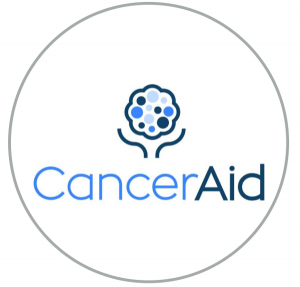 1. CancerAid
1. CancerAid
It is estimated that around 138,000 new cancer cases will be diagnosed in Australia this year, with around 49,000 deaths from cancer expected. By 2030, there will be 23.6 million new cases of cancer each year. Unfortunately, it doesn’t seem like cancer will be going away anytime soon.
While living with cancer can be difficult, CancerAid aims to at least make the journey a little bit easier. CancerAid is the most popular cancer app in Australia, US, and UK — and with good reason. Not only does it organise cancer and diagnostic records, but it also provides patients with medically accurate, peer-reviewed information about various cancer treatments, enabling them to make informed decisions regarding their treatment plan.
CancerAid also lets patients track their symptoms and medication with a handy journal. And if ever patients are feeling lonely, it can link them up to a supportive community of fellow cancer patients, carers, researchers, and physicians. It’s essentially a one-stop-shop for any cancer patient’s disease management needs.
GoShare Healthcare is an online platform that shares health educational resources customised to the patient’s needs. Developed in collaboration with Australia’s leading health experts, the platform hosts thousands of evidence-based information sheets and resources that the patient can easily access.
Meant to complement telephone or face-to-face interactions with the healthcare provider, GoShare can be used to send the patient information over a predetermined schedule. This information can come in many formats, like patient narratives, video, animation, and texts — catering to diverse range of health literacy levels and learning styles. Ultimately, GoShare aims to improve the patient’s self-management behaviour by providing relevant and interesting online content.
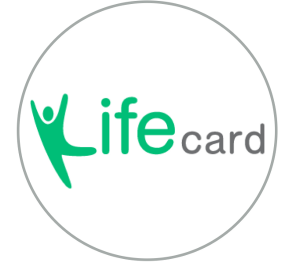 3. Lifecard
3. Lifecard
If CancerAid is the one-stop-shop for cancer management, Lifecard is the go-to app for well, everything else related to health. It offers users a holistic view of all their health data, by collating all information related to medical history, medications, allergies, symptoms, and even medical documents and appointments.
The app also allows users to customize their dashboard to track and manage health parameters like blood glucose and cholesterol levels, as well as blood pressure. With Lifecard, users can also create sub-accounts for their family members and have their health information easily accessible, especially during emergencies. When it comes to managing health, Lifecard essentially has all bases covered.
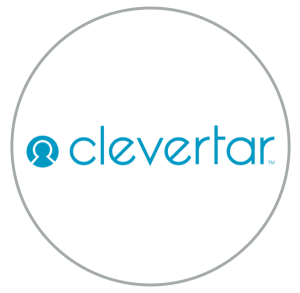 4. Clevertar
4. Clevertar
Living with chronic disease can sometimes get a little lonely. That’s why Clevertar has developed a digital avatar that can provide health coaching to patients suffering from chronic conditions like diabetes, heart failure, anxiety, and depression, and soon, pain.
These digital health coaches supply patients with information about their chronic conditions, as well as general advice for living a healthy lifestyle. They also provide support for patients trying to achieve personal goals, like medication adherence. Amazingly, the digital coaches can also monitor the condition of patients using verified clinical instruments. It’s almost as if they’re real!
In case you thought these coaches just gave generic health advice — you’re wrong. All the content provided by the digital health coaches is personalised to each individual, and delivered over a given time period to enable a gradual behavioural change.
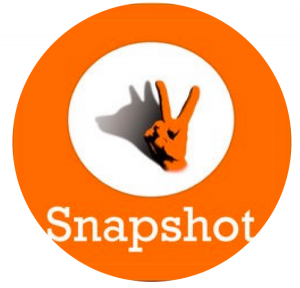 5. Snapshot
5. Snapshot
One in five Australians experience mental illness in a given year. However, only a third of these people seek professional help. With the advent of the Internet, more and more Australians are opting to learn about mental health through websites and manage symptoms using apps. However, there’s not a lot of evidence-based mental health management apps. Snapshot, developed by the Black Dog Institute headquartered in Sydney, wants to address that gap.
Snapshot lets users confidentially measure, monitor, and manage the various factors that can contribute to mental health conditions. It measures parameters like levels of happiness, anxiety, work stress, as well as amounts of sleep, social support, and alcohol intake. After receiving all this data, it then provides users with options to engage online and offline with local professional mental health services.
With all these innovations, managing your health has never been easier. Interested in where these innovations will go next? You can find all these amazing innovations in our Health Horizon Patient Engagement Innovation Collection.


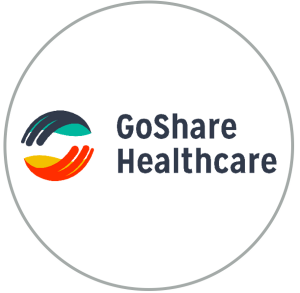 2.
2.